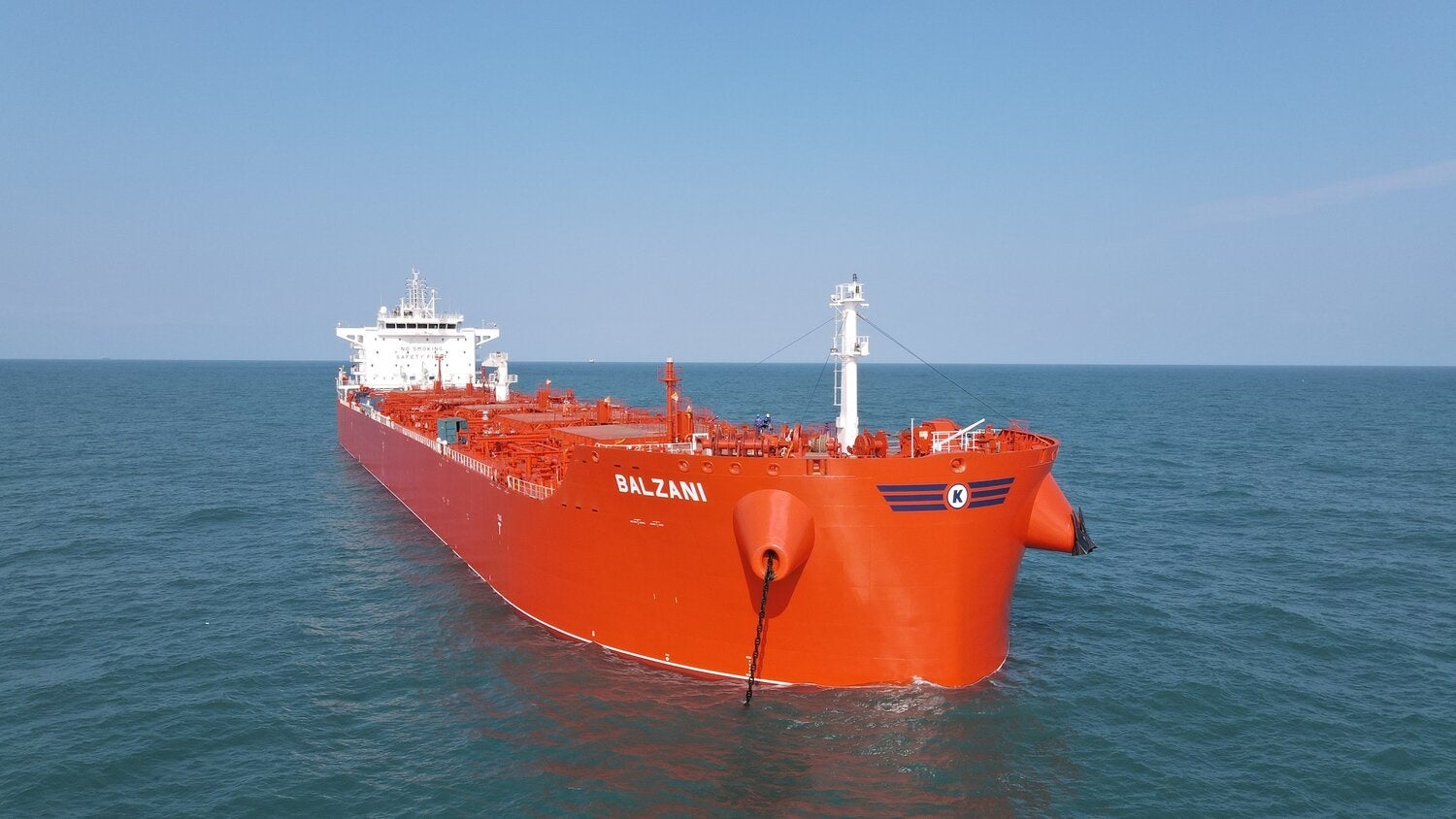
Klaveness Combination Carriers (KCC) has received the eighth and final contracted CLEANBU combination carrier, MV Balzani, from China’s New Yangzi Shipyard.
With the delivery of MV Balzani, the company concludes the CLEANBU newbuilding programme.
In early July, a clean petroleum products cargo is planned for the vessel.
KCC stated that the CLEANBU series vessels are ‘unique vessels’ in terms of operations, technical efficiency and design.
The vessels have been designed in accordance with the International Maritime Organisation’s 2030 goals for the shipping industry.
The CLEANBU vessels generate 40% less carbon emissions per tonne mile transported cargo as against standard ships.
How well do you really know your competitors?
Access the most comprehensive Company Profiles on the market, powered by GlobalData. Save hours of research. Gain competitive edge.

Thank you!
Your download email will arrive shortly
Not ready to buy yet? Download a free sample
We are confident about the unique quality of our Company Profiles. However, we want you to make the most beneficial decision for your business, so we offer a free sample that you can download by submitting the below form
By GlobalDataFollowing the latest delivery, the company now owns and runs a fleet of 17 combination carriers, including nine CABU and eight CLEANBU combination carriers.
The CLEANBU carriers, which are said to be the world’s most environmentally friendly deep-sea vessels, have been built to carry both wet and dry bulk cargoes.
Earlier this month, KCC joined a new collaboration project, CCShip, to explore the potential of carbon capture and storage (CCS) technologies in reducing carbon emissions.
The project, led by SINTEF Energy Research, will involve the development of cost-effective solutions for CCS from ships.
The project also aims to gather insights on when CCS would be a better technology than other solutions for lowering carbon emissions from ships.
Apart from solvent-based CO₂ capture, the CCShip project will test different novel CO₂ capture solutions in connection with weight, compactness, efficiency, cost and integration.







